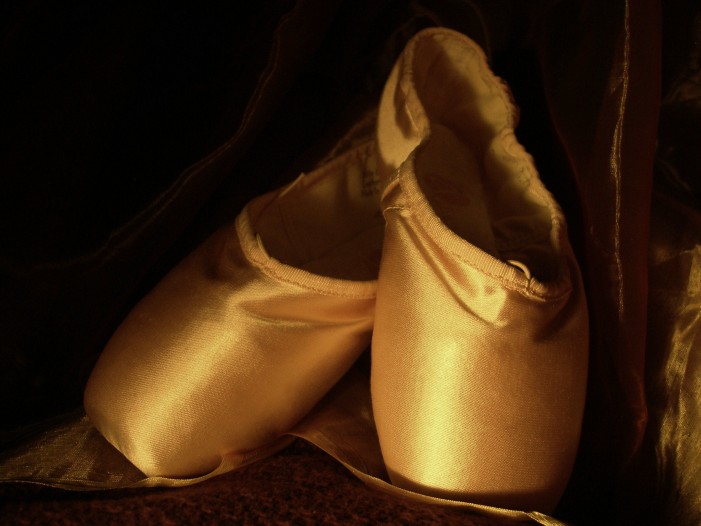M y daughter is six and she likes to twerk. I watch these movements; her hands perched on her knees, back slightly arched as she sways from side to side. I am not compelled to stop her. I watch in amazement at the confidence she spews as her hair, big and wild, sway in concert with the rest of her.

Before she can fully enjoy the soulfulness of her performance her father interjects with a stern, “STOP.” She is immediately exiled from her instinctive nature of dancing. I see the alarm clearly on her face. It reads: “I did something wrong.” I quickly reassure her she hasn’t to which her father, again, interjects, “No twerking.” He does not offer a sensible reasoning why this should be the case. So, again, I assure her, “You did nothing wrong.”
Though we do not yet see it, her strength of self is clipped. The initiate into self-satisfaction and self-awareness has waned slightly. What she was expressing was not a come-hither sway of her hips for male counterparts, but a tapping into her wildish nature as a girl child who is new to the idea of self-expression.
I was introduced to the idea that young girls are often boxed for the sake of adequacy by Dr. Clarissa Pinkola Estes in her book Women Who Run With Wolves in a chapter titled “Finding One’s Pack: Belonging as Blessing.”
Girl children who display a strong instinctive nature often experience significant suffering early in life. From the time they are babies they are taken captive, domesticated, told they are wrongheaded and improper. Their wildish natures show up early. They are curious, artful, and have gentle eccentricities of various sorts, ones that, if developed, will constitute the basis for their creativity for the rest of their lives. Considering that the creative life is the soul’s food and water, this basic development is excruciatingly critical.
While this is true of girls as a whole, it is especially true for the black girl. There is a sure pipeline to strip club mentality others set forth for young black girls who show even an iota of body positive actions. When I probed my daughter’s father about his unwillingness to allow her to express herself, he tiptoed around the truth of what he believed: girls, who dance, twerking in this instance, are portrayed in a negative light.
The urban dictionary, a resource blindly used by many people for defining popular terms, defines twerking as “rhythmic gyrating of the lower fleshy extremities in a lascivious manner with the intent to elicit sexual arousal or laughter in ones intended audience.” With a definition like that I, too, would advise my daughter against twerking. But that definition is laced with fallacies. The dance has existed for centuries and is closely related to the Afro-diasporic history of dance as communion and celebration; against popular belief, I welcome twerking in all its forms.
It has since been decided, by societal views that hinge greatly on white supremacy, the expression of black girls is often one of sexual advances. Watching my daughter dance brings me great joy because I, too, was a black girl who loved to express myself through dance.
It has since been decided, by societal views that hinge greatly on white supremacy, the expression of black girls is often one of sexual advances.
I was fifteen when I took my first dance class. The resounding aim for my mother was to get me into something that would transform me from a shy girl into one who expressed freely; dance did that for me.
It was a freedom I had never touched. My feet wrapped in ballet flats, my body enveloped in a leotard, and the sensual sound of jazz all around me brought me to life. I imagined that I danced high and unafraid. Dance had allowed me the space to be what we now call “black girl free.” It unleashed the wild nature in me that I never knew I wanted or needed.
But, with my ever growing breasts and backside, I was often placed in the back line to keep my jiggle from turning my dance routine of ballet and jazz into something suggestive. Suggestive was the word used by someone I revered. When I found out the meaning of the word I recoiled and I did not return to dance after that.
I do not want that for my child, or any other black girl. Our nature, the wild horse that cannot be tamed, is our souls voice asking for adventure. Langston Hughes questioned the outcome of a dream deferred. Here I wonder with much vigor: what happens if we allow a young black girl to embrace her wild nature? Who does she then become?